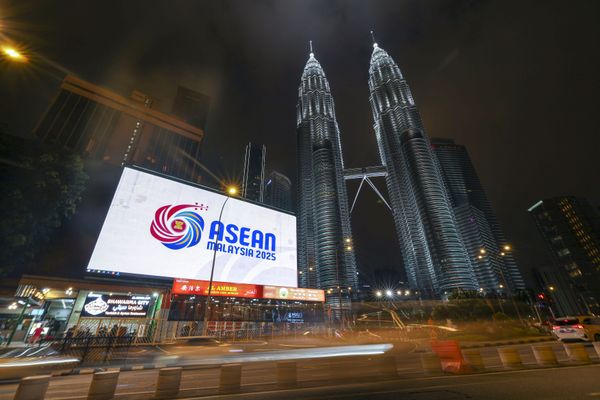SINGAPORE, July 3 — Asean should shift its focus towards developing its own companies and technologies, moving away from an economic model driven by foreign direct investment (FDI) or export-led industrialisation, amid global uncertainty.
Deputy Investment, Trade, and Industry Minister Liew Chin Tong said the region is well-positioned to build on this foundation, with countries like Malaysia and Singapore boasting robust manufacturing sectors.
“We have to start thinking about growing Asean giants. We need to start thinking about creating Asean technologies and imagine that in 10 years, we will have our own mini Huawei or Samsung.
“In a multipolar economy, at some point we need to come together and say that not only do we want an Asean integrated market, we want to see a lot more Asean companies, a lot more Asean technologies, and a strengthening of the Asean supply chain,” he said during the ministerial dialogue session at the Asean Conference 2025 today.
The conference is an annual event organised by the Singapore Business Federation, bringing together key decision-makers from both the private and public sectors, predominantly in Asean, to examine various business and investment-related topics.
Liew noted that with an Asean industrial policy, the region could see a vastly different economic landscape and trajectory.
“At some point, we will need to start asking the questions that lead to an Asean industrial policy. Each of our economies, except maybe Indonesia, is too small to pursue industrial policy on our own,” he said.
The deputy minister added that Asean has a unique opportunity to shape its destiny over the next 20 years in an era characterised by multiple regional supply chains underpinned by geopolitics and wars, in line with its Asean Vision 2045.
As the Asean chair, Malaysia hopes to drive a paradigm shift.
The dialogue session also featured Singapore Deputy Prime Minister cum Minister for Trade and Industry Gan Kim Yong, and Indonesia’s Deputy Minister for Investment and Cooperation at the Ministry of Investment and Downstream Industry Tirta Nugraha Mursitama.
Later, Liew and Gan witnessed the exchange of a tripartite memorandum of understanding (MOU) between United Overseas Bank (UOB), the Federation of Malaysian Manufacturers (FMM), and the Singapore Manufacturing Federation (SMF).
UOB said the strategic partnership aimed to strengthen the Malaysia-Singapore manufacturing corridor by leveraging UOB’s regional network and sectoral expertise to help businesses, particularly small and medium-sized enterprises (SMEs), scale across borders, access new markets, and grow sustainably.
“The agreement also builds on the momentum of the Johor-Singapore Special Economic Zone (JS-SEZ) agreement between Malaysia and Singapore,” it said in a statement.
Liew highlighted that one of the key visions laid out for the JS-SEZ is to establish a better integrated and resilient supply chain ecosystem across the Malaysia-Singapore border.
“This MOU between FMM, SMF, and UOB is timely and propitious to align the strengths of Malaysia and Singapore for greater regional economic growth in the current global trade climate,” he said.
— Bernama




